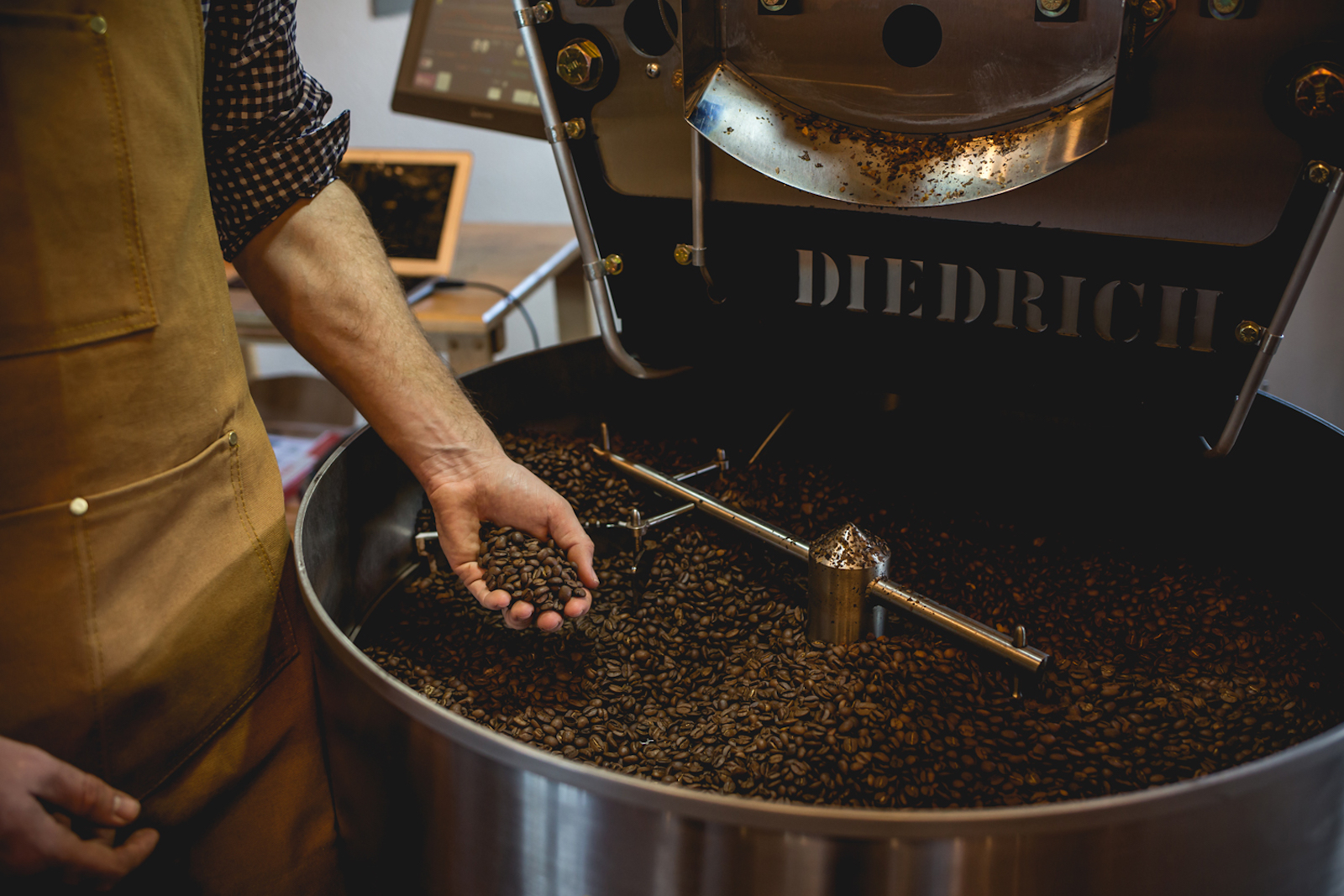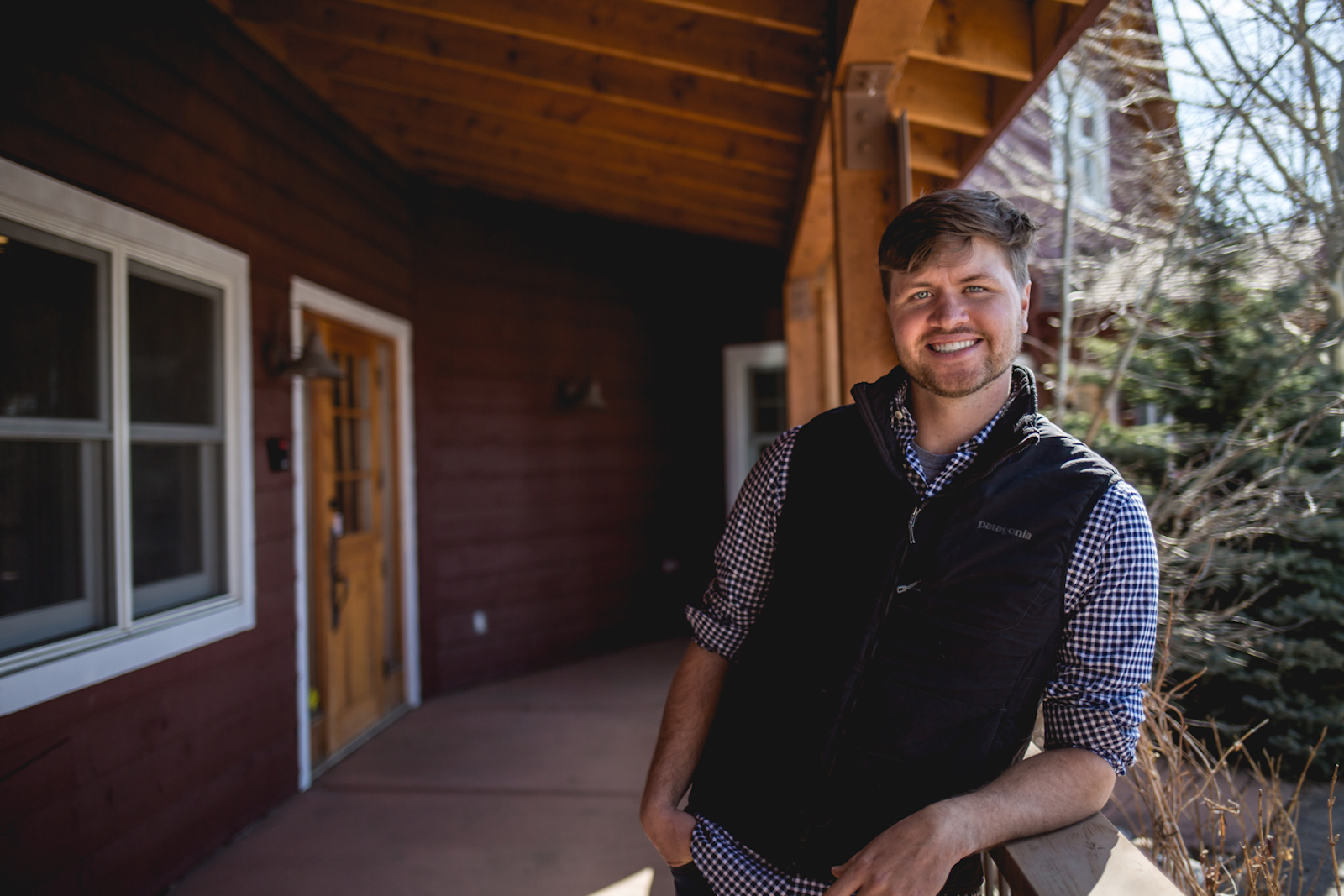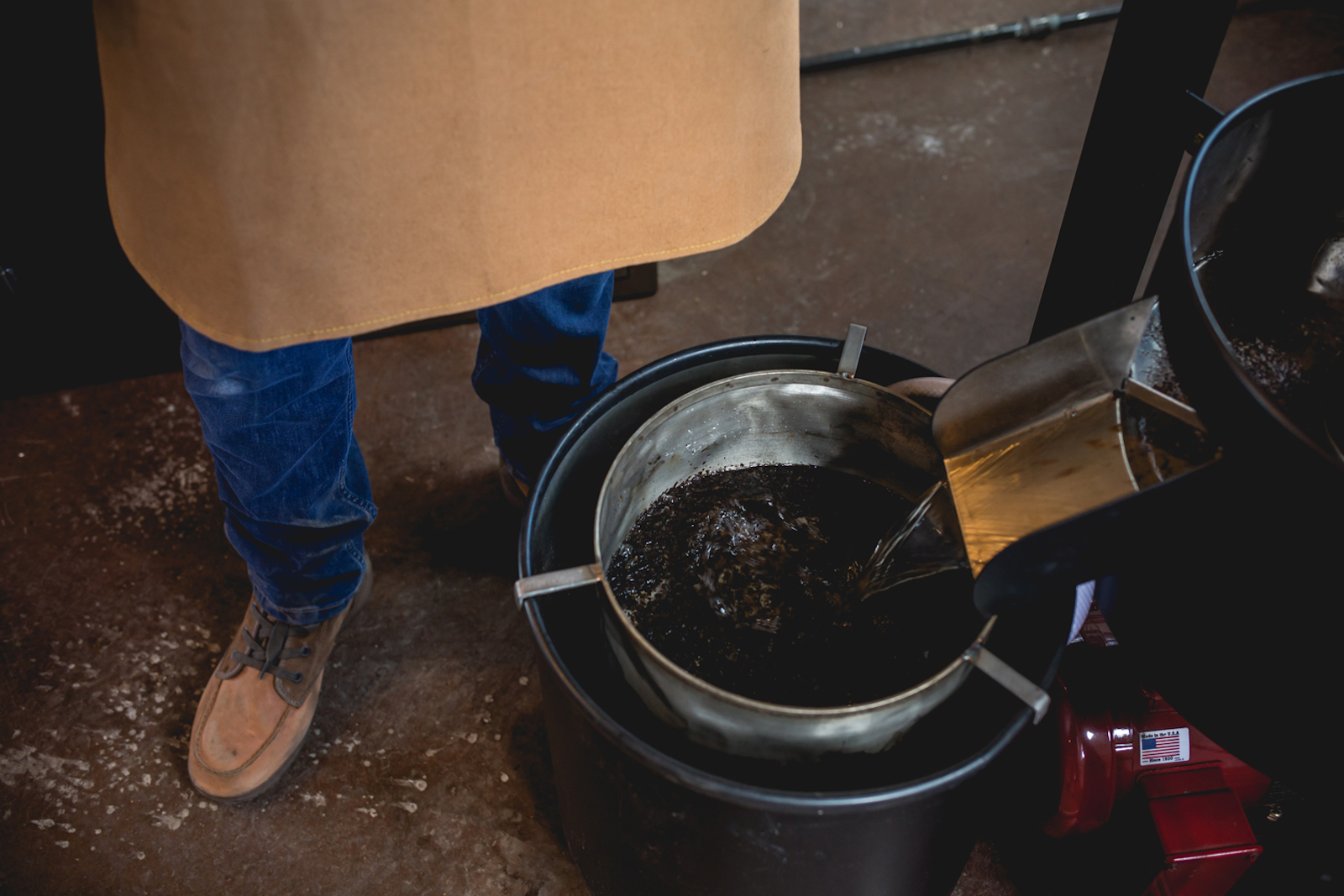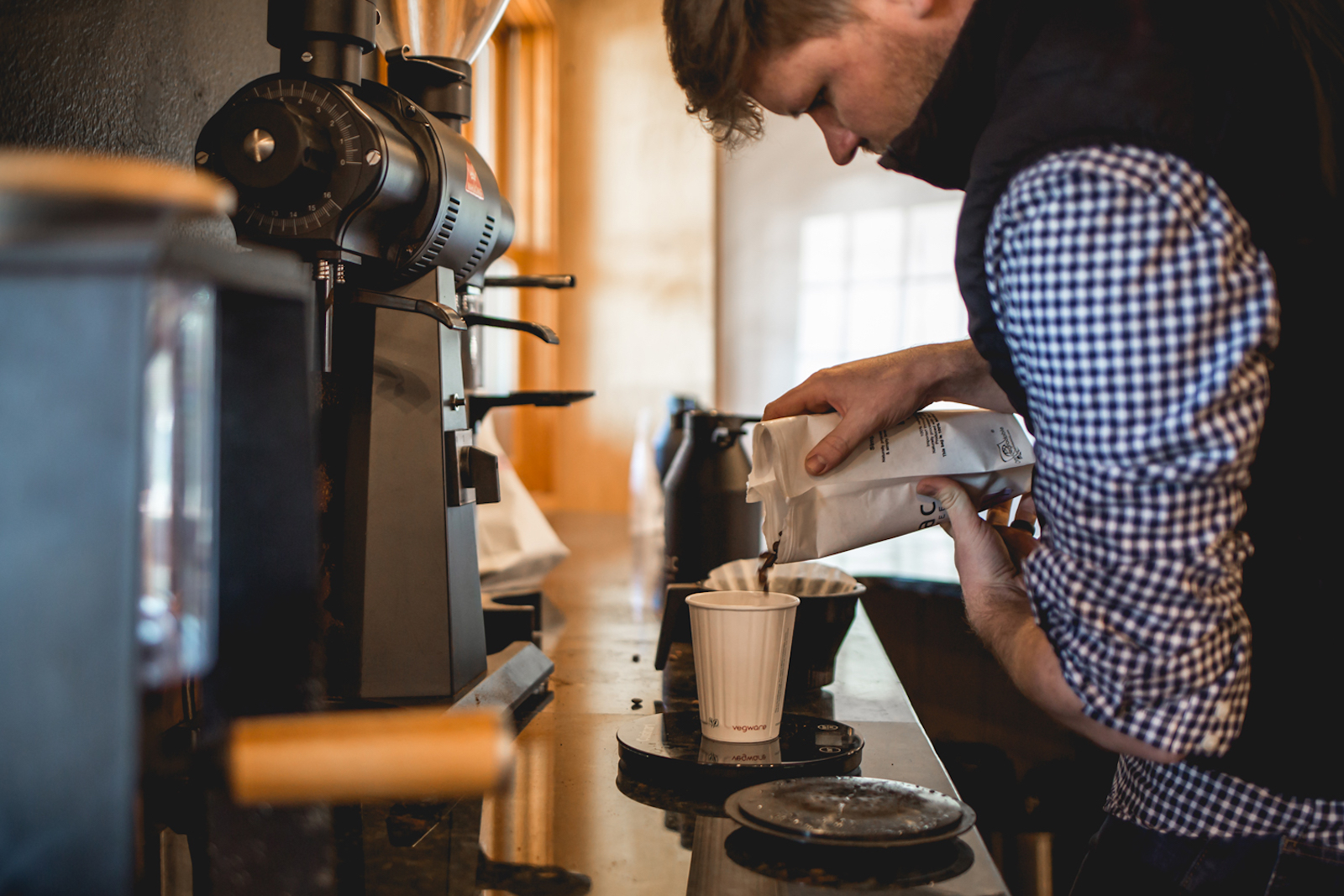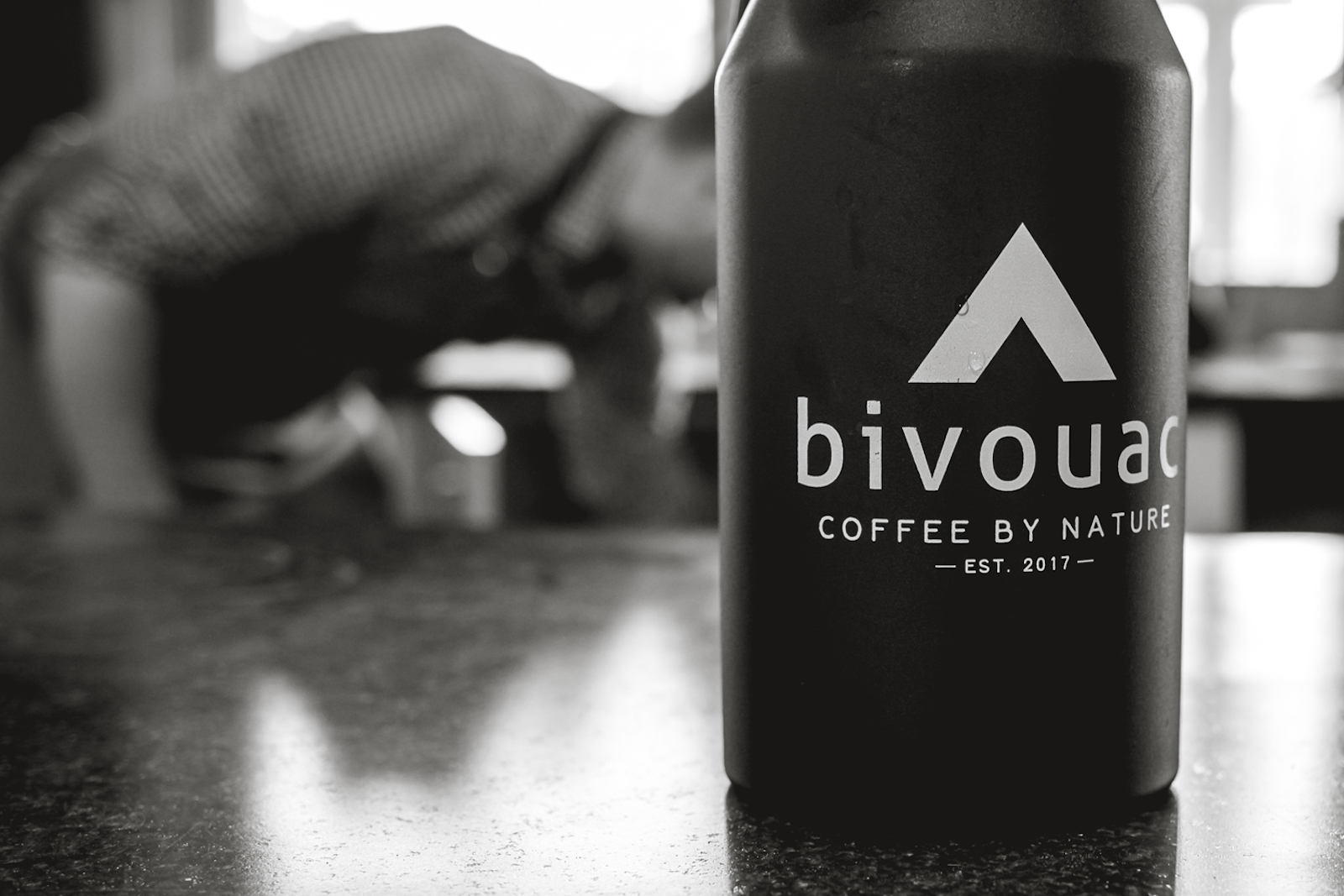The Local newsletter is your free, daily guide to life in Colorado. For locals, by locals.
Drinking coffee is a treasured ritual. For many, the day doesn’t start until that first cup of morning joe. But as you caffeinate, you’re likely not thinking much about where those coffee beans originated or what kind of impact the roasting process had on the environment.
Kyle Kociemba-Benson thinks about those things all of the time. On a surfing trip to Central America, he learned that washed, or wet-milled, coffee (the kind American java drinkers are most familiar with) requires more water and creates more wastewater during processing. Naturally processed coffee, which he and his wife, Rachel, fell in love with at first taste, had a much smaller environmental impact and tasted like a sweet, low-acidity brew. So, they made a decision: “We were going to start a coffee company that specialized in bringing naturally processed coffee to the United States,” Kociemba-Benson says.

On May 16, that mission came to life in the form of Bivouac Coffee Company, a roastery and coffeeshop in Evergreen committed to sourcing and roasting exclusively environmentally friendly, naturally processed coffees from around the world.
Although it’s harder to find in the U.S., naturally processed coffee comes from the older way of producing coffee. The more well-known washed coffee process involves stripping coffee cherries from their trees at different stages of ripeness, de-pulping them, fermenting them in water vats, and then washing clean the coffee seeds (what we call beans). The wastewater created through this method carries high sugar byproducts, which ferment over time and contaminate soil and surface water with bacteria harmful to humans and wildlife; since many communities don’t have the infrastructure to properly handle wastewater, much of it is released back into the surrounding land, says Kociemba-Benson.
In contrast, Bivouac partners with producers around the world who process coffee naturally by sun-drying ripe, hand-picked cherries on drying beds or patios. There’s no need for washing, and the resulting seed is concentrated with flavor. The cherries are removed by a hand- or bicycle-operated dry mill, and then the seeds are ready for export.
“The cherry turns into a raisin around the seeds, so all of the delicious sugars and nutrients in the cherries permeate into the seeds,” Kociemba-Benson says. “That’s why the beans we roast taste a lot different from normal coffee.”
Once the beans arrive at the roastery, Bivouac loads them into a high-tech, highly efficient Diedrich infrared coffee roaster. Like most roasters, it emits carbon as it works, but instead of using an afterburner—a gas-guzzling piece of equipment designed to remove the harmful emissions—Bivouac relies on a Vortyx hydrostatic cyclonic air filter that captures the polluting particles and filters them out to be composted. The entire process uses just half a gallon of water per 100 pounds of coffee roasted.
Bivouac is currently sourcing its beans from more than a dozen different countries of origin, including Yemen, Ethiopia, Costa Rica, Guatemala, El Salvador, and Nepal. The vision is to serve coffee like a brewery might serve beer—in curated tasting flights and pint glasses—and with only plant-based creamers available upon request.
The company is also a public benefit corporation, so it operates with environmental and social justice standards in mind. For example, Bivouac donates one percent of its total revenue to support outdoor and environmental causes, such as the American Alpine Club, headquartered in Golden.
As the Kociemba-Bensons discovered on a beach in Central America, naturally processed coffee tastes different—and, they would say, better. Taste it for yourself before or after hiking or running along the 40 miles of trails that surround the new coffeeshop.
1552 Bergen Parkway, Suite 303, Evergreen, 720-588-8761



